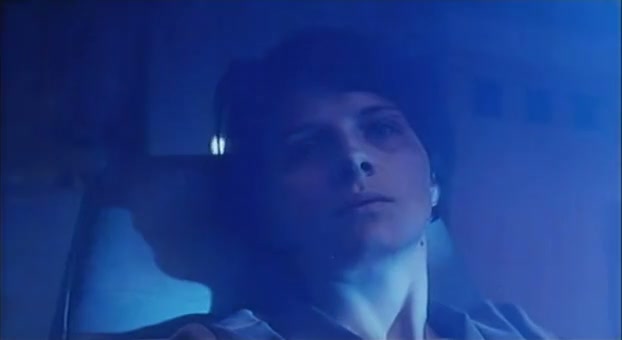Director:
Krzysztof KieslowskiCámara:
Sławomir IdziakMúsica:
Zbigniew PreisnerReparto:
Juliette Binoche, Benoît Régent, Florence Pernel, Charlotte Véry, Hélène Vincent, Philippe Volter, Claude Duneton, Hugues Quester, Emmanuelle Riva (más)Streaming (1)
Sinopsis(1)
En un accidente de coche, Julie pierde a su marido Patrice, un prestigioso compositor, y a su hija Anna. Al recuperarse de sus lesiones, decide comenzar una nueva vida, independiente, solitaria y anónima, alejada de los privilegios que antes disfrutaba. Olivier, el ayudante de Patrice, intenta sacarla de su aislamiento. Olivier está enamorado de ella desde hace muchos años y acaba convenciéndola para que termine el «Concierto para Europa», una ambiciosa obra inacabada de Patrice. (Wanda Visión)
(más)Videos (2)
Reseñas (5)
It's actually quite similar to the main character - beautiful, but a bit academically dry. Yet it's sympathetic and playful, and formalists will swoon over it. The ways in which Kieślowski fools around with the scene, angles, and colors actually create a terribly fun experience. Just like with Tarkovsky or Tarr, I argue here that the others are the boring ones.
()
Kieslowski proves that he is not only a perceptive and sensitive individual, but also a creator with a strong visual sense. Many scenes that could easily be retold in an "ordinary" way without losing their meaning become an artistic experience under his hands. Even a sugar cube dissolving in coffee can be beautiful. But in truth, the main driver here is not Kieslowski, but the divine performance of Juliette Binoche, her economical acting, which, although devoid of expressive gestures (one wants to say thankfully), nevertheless radiates emotion and inner strength. I believed everything. I’m keeping the fifth star for the rest of the “colours” (I still haven’t watched them). Maybe the best is yet to come. :)
()
Kieślowski is simply such a unique filmmaker, with his own vision and poetic style, that if you liked one of his films, you'll likely enjoy the others as well. Not because they are entertaining (humorous), but because they have a story to tell. The plot always has something to say, both in story and characters, with Juliette Binoche being incredible.
()
In my review of Three Colours: Red, I wrote that it is the most sympathetic and probably the best part of the trilogy. However, when it comes to Blue, the substance is thematically closest to me. Kieslowski conceived the discourse on freedom as a problem of emotional and familial relations. They tie us with invisible but strong emotional bonds. The main protagonist loses her family in a car accident and deals with the problem of to what extent she can free herself from her memories and feelings. Her neighbor works in the erotic industry and feels satisfied with it until her father shows up at her performance and she confronts feelings of guilt because she is not liberated from her past and family affiliation. To free oneself can mean to isolate oneself, and it is always just a question of compromise between independence and solitude. At the age of 18, I lost my father and I was dealing with a similar dilemma as the protagonist of the film. Kieslowski is, as always, intimate, delivering his story at a slow pace with an emphasis on the inner psyche of his characters. Overall impression: 75%.
()
Kieślowski chose to start his color trilogy with the most dramatic story of them all, and I think it was a good choice. Juliette Binoche plays the widow of a composer absolutely flawlessly and completely drew me into her mournful world, which is mostly silent, but every now and then something disturbs it - the melody of an equally deserted street flutist, fragments of her husband's unfinished composition, an ex-boyfriend from whom Juliette tried to run away just like from the rest of the world, an uninvited mouse family in the apartment, visits to her mother... Like Blue, this story is primarily cold, but it also has many shades to explore, because what if we find one among them that is a thousand times better than all the other colors in the world? In addition to the direction and the actors, Preisner's excellent music is worth praising, and it is responsible for at least half of the impact. If only it wasn't so drawn out at times.
()




Anuncio